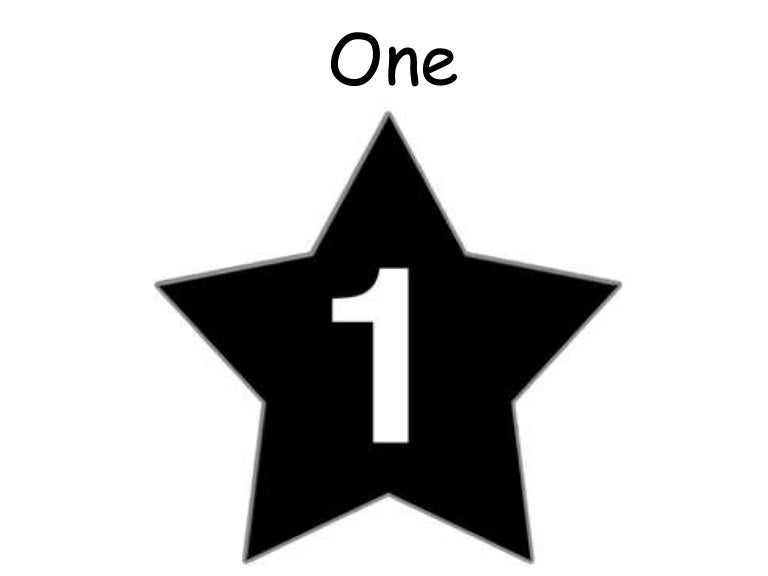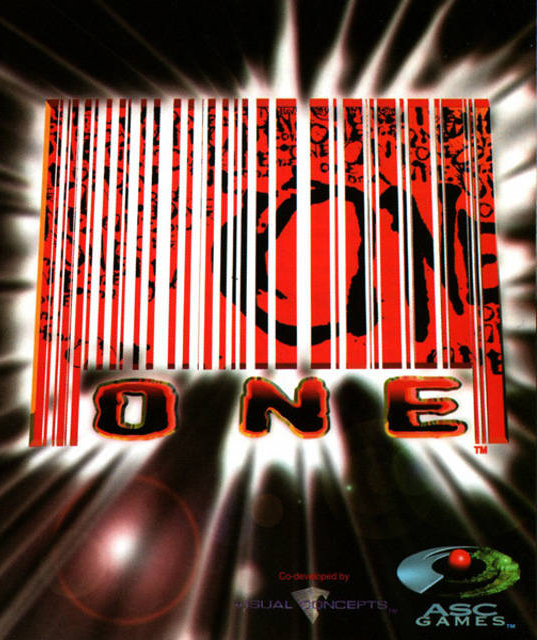Low battery
Battery level is below 20%. Connect charger soon.
· i currently am in the middle of a discussion about the proper use for when to use the numeral 1 versus one. · the answer therefore is she was one of the several children who was sold at the auction (main sentence is in bold, the rest are only supporting the main sentence). I am the one who collected the money. There are two sides to this argument: The present tense i am the one refers to the current state of affairs. · some people say a dog=one, dogs=ones, the dog=the one=that, and the dogs=the ones=those. Its a rule of thumb, but what i found was that this is not always correct. · one-to-one is used when you talk about transfer or communications. Place a mental point on the red area, youll see that it belongs to one circle and one circle only out of the two. You may use one-to-one when you can identify a source and a destination. For eg. , a one-to-one email is one sent from a single person to another, i. e. , no ccs or bccs. · i am really struggling to understand if i should use a or one in the below example. 1) in technical writing, numerals should alwa. · this version is longer but can be used for a larger set, eg one of a, b, or c will happen and only one. You are the person responsible for carrying out that action, and your responsibility extends into the present. Which one is grammatically correct or better? · however, when one uses the word one, it is as if one is speaking in general terms, not refering to any specified individual. · i drew the shorter straw, so i was the one who collected the money. I watched a video tutorial that the teacher said the. One-on-one is the correct adjective in … I have two assignments, one of which is done. I have two assignments, one of them is done. Where do you draw the line on the difference between which and which one when asking a question that involves more than one answer? This is derived from another thread that became too confusing with the wrong examples. In maths, a one-to-one mapping maps one element of a set to a unique element in a target set. · when using the word which is it necessary to still use one after asking a question or do which and which one have the same meaning? It isnt a hard rule that every use of you is writing in the second-person, but rather more a guideline to help a writer avoid overuse of the word you.




